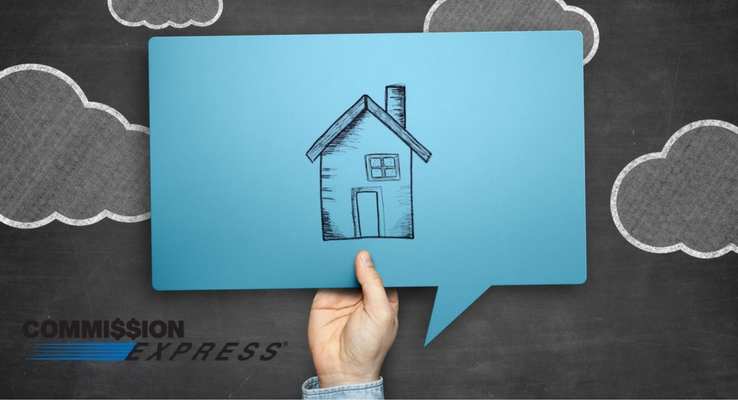These days, potential home buyers begin their property search online long before they contact an agent. That makes having a web presence an essential part of any real estate marketing strategy, and an active, informative blog should be a central part of that plan.
If you want to reach out and connect with consumers, here’s how you can use a blog to do it.
Blogging from the Beginning
Anyone can blog, but it takes a cohesive strategy, combined with technical know-how, to blog well. Craft your posts with these questions in mind:
- Who will be interested in reading this?
- Does the content and overall message reflect my brand?
- Will the information resonate with my target demographic?
- Is the information useful? Will it help my readers solve problems or live better?
Identifying your ideal clients and approaching content creation from their point of view will help keep you on track – so will keeping most of your blog posts between 300 and 800 words. That length is the easiest for readers to digest, but adding in a few longer posts (1,000 words and more) will help to boost your site’s ranking on search engines such as Google.
How to Set Up Your Real Estate Blog
Choosing where you start your blog is sort of like choosing your first car: You don’t necessarily need the best model on the market, but you don’t want to invest in something you’ll have to upgrade in just a year either. Check out a list of the best blogging sites, and consider the following:
- Choose a great domain name/URL, and open accounts with the same or similar tag on social media sites such as Twitter, Facebook and Instagram — you’ll use those pages to promote your blog posts later.
- Opt for a simple and attractive template. Too many plug-ins will slow down your load time.
- Learn more about free vs. self-hosted options. Sites like Blogger offer free hosting, but your autonomy is limited as a result. Self-hosted sites cost money, but offer more customization and flexibility.
When in doubt, start with WordPress. Its intuitive site design, free templates and high-functioning interface make it relatively easy for even beginners to start blogging immediately.
A Quick Look at Keywords
Keywords are the lodestones of online content. Basically, they’re how the right people will find your site and, therefore, your business. After all, thousands of visitors who have no intention of buying a house do you no good, but attracting just a handful of highly motivated buyers could make a major difference. Use a keyword research tool to identify keywords, and remember that long-tail keywords (increasingly specific phrases) are exponentially more powerful. For instance, “real estate” is overly broad (you’ll never stand out from the millions of other sites optimizing for the same phrase), but “high rise real estate agent in Los Angeles” is both more specific and targeted to your geographic area.
- Use local keywords such as zip codes and city or neighborhood names.
- Highlight what makes you different, as in “Las Vegas foreclosure expert” or “golf course homes in Raleigh,”
- Never keyword stuff! Write for your readers first and for search engines second.
The Importance of an Editorial Calendar
There is a practically endless supply of interesting topic ideas for your real estate blog, and most can be tackled from multiple perspectives. For the best mix of subjects — and to attract a more diverse readership — it’s best to lay out an editorial calendar that extends at least a few months into the future. This “big picture” approach allows you to cover key topics at regular intervals while also making space for seasonal posts, for example, “can’t-miss fall activities in the Summerlin neighborhood.”
As for how often you need to post, quality trumps quantity. You must post regularly to gather traffic and build and maintain your search engine ranking, but an intelligent, expertly fleshed-out blog posted one per week is far more advantageous than daily posts that are light on substance. The latter is why real estate agents need social media profiles.
Above all, stay true to your brand. Whether it’s a behind-the-scenes look at how you stage a home or a think piece on local news, this is your opportunity to introduce yourself to the public. Use it wisely.





